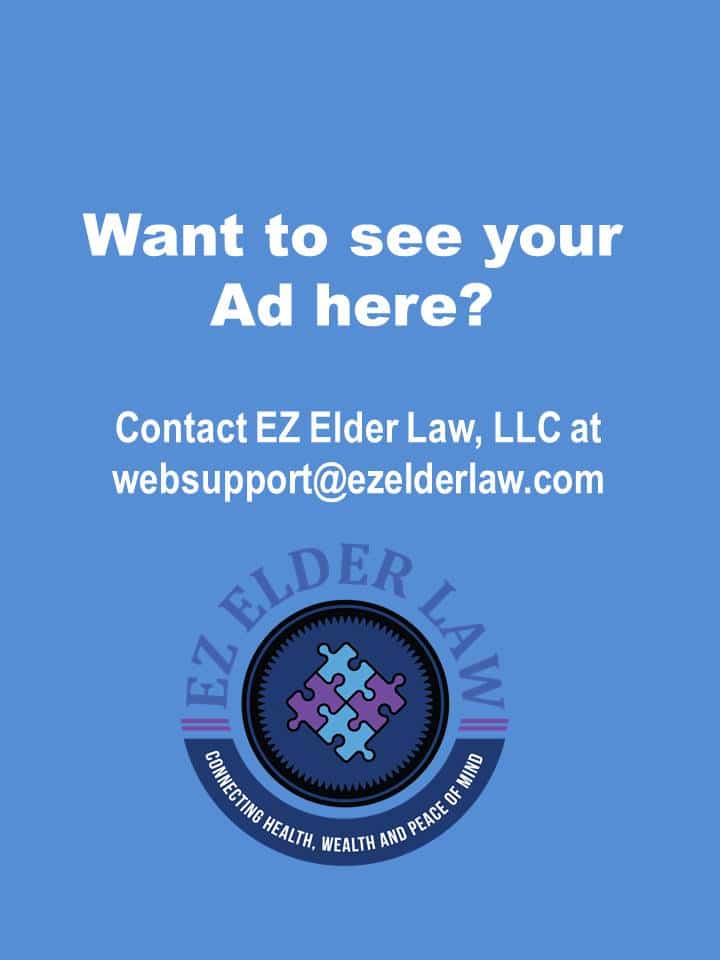The Medicare program (Title XVIII of the Social Security Act) provides hospital insurance (HI), also known as Part A coverage, and supplementary medical insurance (SMI), also known as Part B coverage. Free HI coverage (a/k/a Premium-free Part A) is automatic for persons with insured status (those eligible for Social Security benefits) aged 65 and older and for certain disabled persons. Coverage for HI may be purchased by individuals who do not have insured status through the payment of monthly Part A premiums (Medicare Costs at a Glance). Coverage for SMI also requires payment of monthly premiums. It should be noted that Medicare is a form of publicly funded medical insurance. Because most nursing home care is deemed “custodial care” rather than “medical care,” Medicare provides little coverage for individuals needing home health, nursing home care and other long-term care services.
Medicare beneficiaries who have low income and limited resources may receive help paying for their out-of-pocket medical expenses from their State Medicaid program. There are various benefits available to “dual eligibles” who are entitled to Medicare and are eligible for some type of Medicaid benefit. The Medicaid class of assistance for these individuals are frequently referred to by their acronym as QMB Medicaid and SLMB Medicaid.
- 2143 – Qualified Medicare Beneficiaries
- 2144 – Specified Low-Income Medicare Beneficiaries
- 2145 – Qualifying Individuals – 1
- 2146 – Low Income Subsidy (Extra Help for Medicare Part D)
For persons who are eligible for full Medicaid coverage, the Medicaid program supplements Medicare coverage by providing services and supplies that are available under the State’s Medicaid program. Services that are covered by both programs will be paid first by Medicare and the difference by Medicaid, up to the State’s payment limit. Medicaid can also cover additional services (e.g., nursing facility care beyond the 100 day limit covered by Medicare, prescription drugs, eyeglasses, and hearing aids).
Limited Medicaid benefits are also available to pay for out-of-pocket Medicare cost-sharing expenses for certain other Medicare beneficiaries. The Medicaid program will assume their Medicare payment liability if they qualify. Qualified Medicare Beneficiaries (QMBs), with resources at or below twice the standard allowed under the SSI program and income at or below 100% of the Federal poverty level (FPL), do not have to pay their monthly Medicare premiums, deductibles, and coinsurance. Specified Low-Income Medicare Beneficiaries (SLMBs), with resources at or below twice the standard allowed under the SSI program and income exceeding the QMB level, but less than 120% of the FPL, do not have to pay the monthly Medicare Part B premiums. Qualifying Individuals (QIs), who are not otherwise eligible for full Medicaid benefits and with resources at or below twice the standard allowed under the SSI program, will get help with all or a small part of their monthly Medicare Part B premiums, depending upon whether their income exceeds the SLMB level, but is less than 135% of the FPL, or their income is at least 135%, but less than 175% of the FPL.
Individuals who were receiving Medicare due to disability, but have lost entitlement to Medicare benefits because they returned to work, may purchase Part A of Medicare. If the individual has income below 200% of the FPL and resources at or below twice the standard allowed under the SSI program, and they are not otherwise eligible for Medicaid benefits, they may qualify to have Medicaid pay their monthly Medicare Part A premiums as Qualified Disabled and Working Individuals (QDWIs).
As alluded to above, Medicare may, in certain circumstances, pay for limited nursing home care. Medicare Part A will pay for skilled nursing care if the following requirements are met:
- The individual is a patient in a hospital for at least three days (not counting the day he/she leaves) before being transferred to a nursing home
- The individual is transferred to the nursing home because he or she requires skilled care for a condition that was treated in the hospital
- The individual is admitted to the nursing home within 30 days after leaving the hospital
- A doctor certifies that the patient needs, and the patient actually receives, skilled nursing or skilled rehabilitation services on a daily basis; and
- The Part A intermediary or the nursing home’s utilization review committee approves the patient’s stay.
Under these circumstances, Medicare Part A will pay for 100% of up to 20 days in a skilled nursing facility. In saying “up to,” note that if skilled care is terminated prior to the twentieth day, so is Medicare coverage. If skilled care is required beyond 20 days, then Medicare will pay all but a daily co-pay ($185.50 per day in 2022) for days 21 through 100 if skilled care is continued. After 100 days, Medicare nursing home coverage terminates. [Note 1]
Note 1: It is worth noting that most Medi-gap policies will pay the daily co-pay of $185.50. Click here to compare Medigap policies.
Advocates have litigated Medicare’s nursing home rehabilitation coverage, or lack thereof. Jimmo v. Sebelius, No. 5:11-CV17 (D. Vt., 1/24/2013), was a nationwide class-action lawsuit brought against the Centers for Medicare & Medicaid Services (CMS) on behalf of individuals with chronic conditions who had been denied Medicare coverage on the basis that they were not improving or did not demonstrate a potential for improvement. Alexander v. Azar (formerly Bagnall v. Sebelius; Barrows v. Burwell) was filed in U.S. District Court, Connecticut as a nationwide class action seeks appeal rights for Medicare beneficiaries who are placed on “observation status” at hospitals. When patients are placed on observation status, they are considered “outpatients.” As outpatients, they are not entitled to rehabilitation coveraeg in a nursing home because they did not meet the three days of inpatient status required under Part A. Following a benchtrial, the District Court held Medicare must allow certain patients to appeal their placement on observational status. The Second Circuit affirmed the district court in January 2022.


